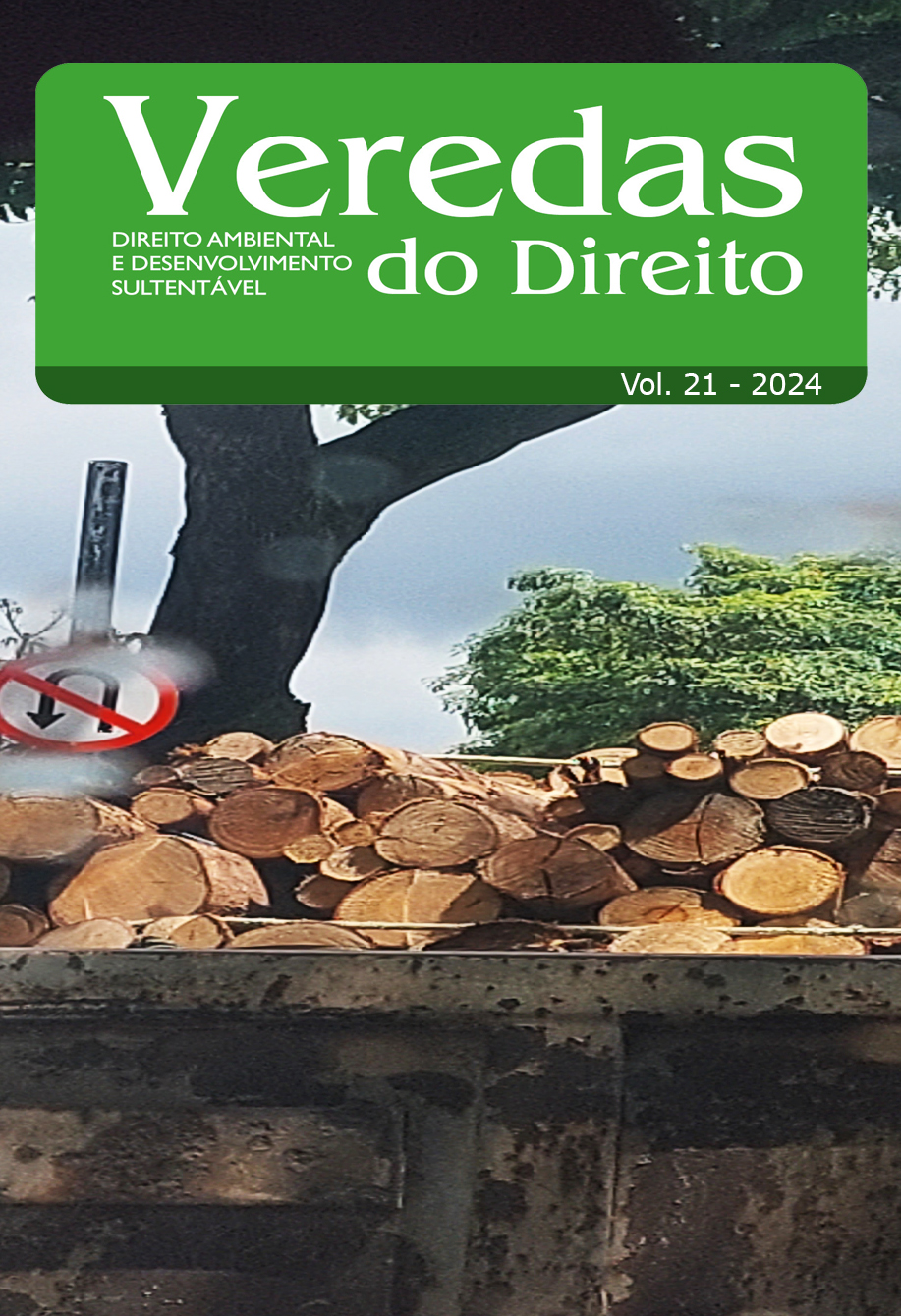ENVIRONMENTAL RACISM PRACTICED AGAINST INDIGENOUS PEOPLES IN RIO GRANDE DO SUL
Main Article Content
Abstract
Extreme weather events affect people, groups, and communities unequally, as environmental racism promotes discrimination towards race, gender, and class, placing a greater burden of socio-environmental problems on the most vulnerable, such as Indigenous people. Violence against these peoples and the lack of delimitation and demarcation of Indigenous lands are problems aggravated by environmental racism, which were further intensified with the floods that hit the state of Rio Grande do Sul in 2024. This research is therefore justified by its relevance to academia, society, and the state, which have a common interest in seeking feasible solutions. With regard to the objective of this article, it will analyze the environmental racism practiced against Indigenous peoples in Rio Grande do Sul during the heavy rains that hit the region, with the aim of proposing emergency and structural actions aimed at these individuals, as well as indicating possible alternatives to protect human dignity. In conclusion, the research will be basic in nature, the procedure will be technical-bibliographical, the approach to the problem will be qualitative, and the research objectives will be descriptive-explanatory, debating the issues through the relevant literature.
Article Details
I (we) submit this article which is original and unpublished, of my (our) own authorship, to the evaluation of the Veredas do Direito Journal, and agree that the related copyrights will become exclusive property of the Journal, being prohibited any partial or total copy in any other part or other printed or online communication vehicle dissociated from the Veredas do Direito Journal, without the necessary and prior authorization that should be requested in writing to Editor in Chief. I (we) also declare that there is no conflict of interest between the articles theme, the author (s) and enterprises, institutions or individuals.
I (we) recognize that the Veredas do Direito Journal is licensed under a CREATIVE COMMONS LICENSE.
Licença Creative Commons Attribution 3.0



































